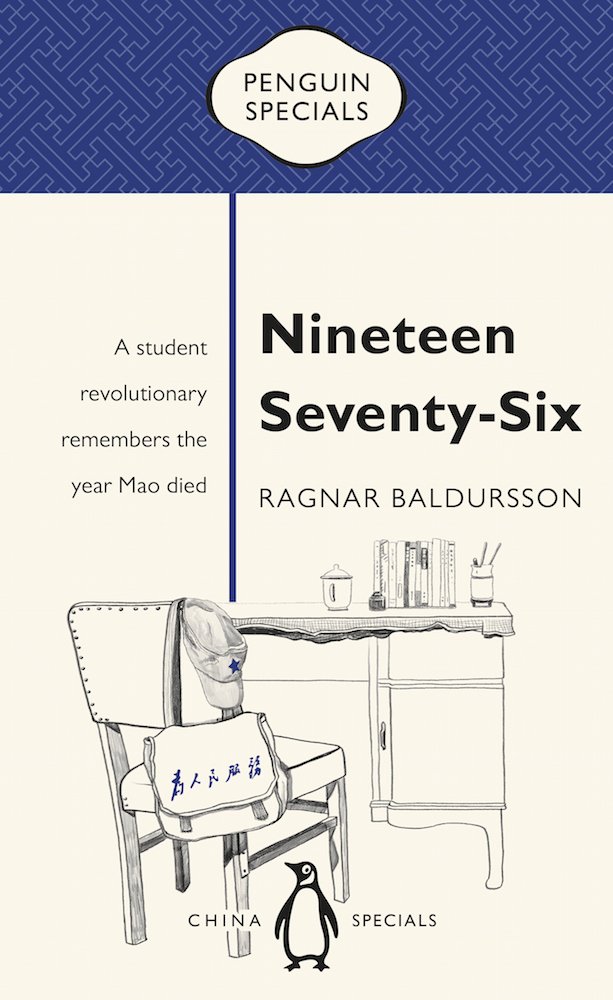China in 1976: Q&A With Bookworm Literary Festival Author Ragnar Baldursson
Ragnar Baldursson is both a diplomat and scholar of Chinese philosophy. He is currently the Deputy Chief of Mission at the Embassy of Iceland in Beijing, and has served in the Icelandic foreign ministry for over 20 years. His relationship with China started a long time ago, as Baldursson was one of the first foreign students admitted to study at Peking University in the 1970s where he gained a BA in Philosophy. Since then, he has translated the Analects of Confucius and the Daodejing into Icelandic. We asked him some questions before his appearance at The Bookworm's Literary Festival.

How did you feel about China when you first came to study?
China was completely alien to my Icelandic eyes, I had no way to compare it with my earlier life, the smell in the air, the color of the sky and the earth; people kept asking if I had eaten, when I walked out of a dining hall, or if I had showered, when I came out of a shower room with wet hair. The fashion at this time was simple, Mao-style in three colours: worker blue, soldier green and peasant gray. Chinese society at this time was egalitarian – everyone was poor and political. All prices were fixed by the state and nobody bargained.
Why did you wait until now to write about 1976?
I did write and talk in Icelandic about my view on China in the seventies. Like most new arrivals in China, I felt like an expert after three to six months. But even then, I felt my understanding was faulty. Gradually, I realised that I misunderstood China on multiple levels. Only recently, I feel that I may be approaching some kind of preliminary understanding about Chinese reality. However, even that understanding is bound to be limited. In the words of Laozi, "Paths that can be described are not permanent paths," thus, understanding is always incomplete and subject to change.
You write about your realization that you were witnessing a crucial moment in Chinese history, but did you realize quite how big of a moment it was at the time?
Yes and no, and maybe yes. I had by then realized the overwhelming influence of Mao's personality and his idealism on Chinese society, even though that seemed to contradict historical materialism taught by the Chinese at the time. His departure constituted a reality shift. The ascent of his heir, Chairman Hua, was not quite credible even though it was overwhelmingly supported; nobody seemed to know very much about him. I did recognize that Deng Xiaoping would be returning to politics. But I am sure I didn't realise what that really meant for China's future development.
Baldursson is one of the two authors appearing at Writing With and Against History on Saturday, March 12, at 6pm. Get tickets online beforehand at RMB 60.
More stories by this author here.
Email: margauxschreurs@truerun.com
Instagram: s.xuagram
Photos courtesy of Penguin, pic.qyer.com

